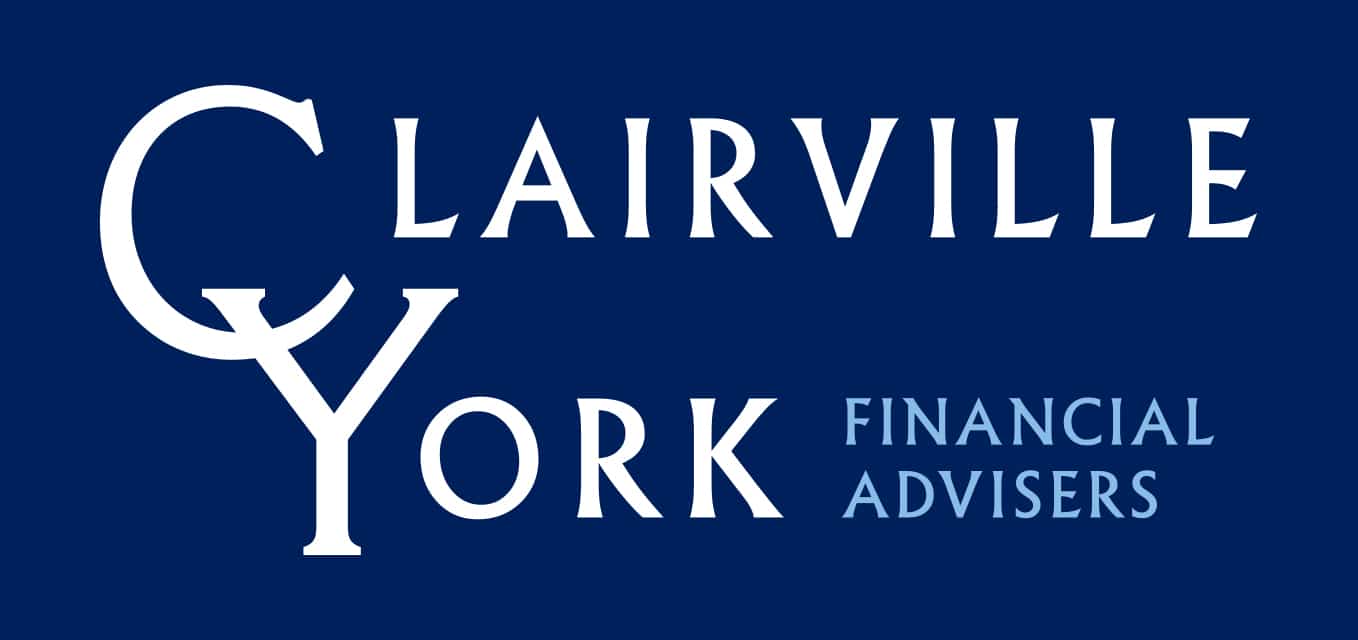More than 10,000 UK companies offer share incentive schemes to their employees which benefit from government tax concessions.
There are four types of scheme: Save-As-You-Earn (SAYE); Share Incentive Plans (SIPs); Company Share Option Plans (CSOPs); and Enterprise Management Incentives (EMIs).
SAYE schemes allow employees to invest up to £500 per month over a period of 3 or 4 years. At the end of this period a tax-free bonus or interest is added and the holding can either be drawn in cash or be applied to buy shares in the employer company at a price which is fixed at the outset and can be up to 20% lower than the actual price at that time.
If the option to buy the shares is exercised, the shares can either be retained or sold immediately, and if they are transferred into either an ISA or pension ‘wrapper’ within 90 days, there will be no capital gains tax to pay when they are sold.
SIP schemes (not to be confused with Self-Invested Personal Pensions, or SIPPs), permit employees to invest in shares in their employer company out of their pre-tax income, so the amount invested is also exempt from National Insurance (‘NI’) contributions.
In order to qualify, the shares must be held for at least five years; and when they are sold from within the SIP any profit will be free of capital gains tax.
Employers can donate up to £3,600 worth of their shares to each employee’s scheme each year. Alternatively, if the employee buys up to £1,800 worth of shares each year out of their pre-tax salary, the employer must contribute twice this value.
Whereas any SAYE and SIP schemes must be offered to all employees, CSOPs need only be offered to selected employees or executives and are usually used as a reward or incentive. Options can be granted to buy up to £30,000 of shares at a fixed price, and if the options are exercised within three years, no income tax of NI will be charged on any profit (though capital gains tax may be payable).
Finally, EMI schemes enable companies with less than £30 million in assets to grant up to £250,000 worth of share options to employees over a three-year period. Any gain will be exempt from income tax and NI charges provided that the shares are bought at their market value (though again CGT may be payable).
EMI schemes are the most recent to be introduced and are more popular than the other schemes. However, in all cases employees need to be aware of the risk of holding too much of their personal wealth in shares in a single company, particularly if their job also depends on the same company.

